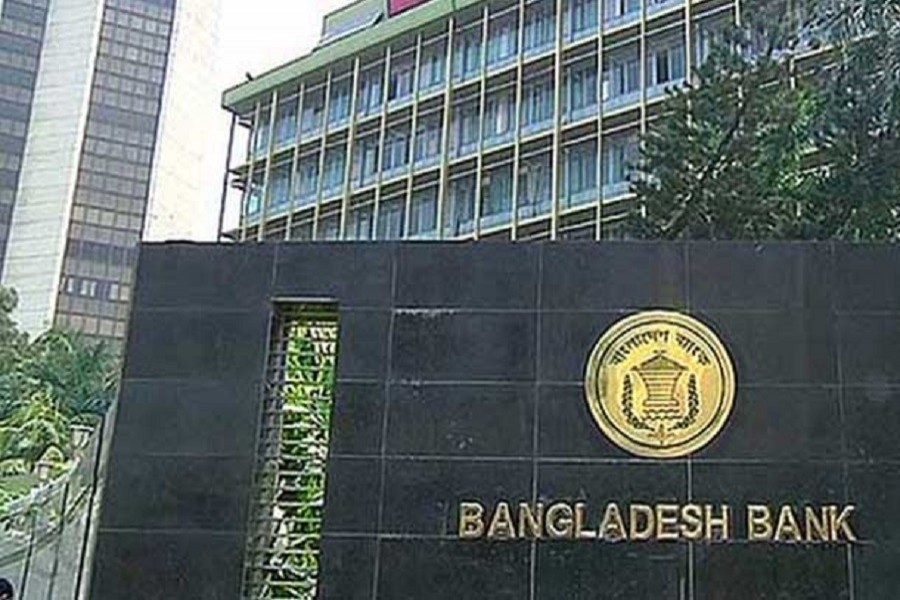Bangladesh's current-account deficit (CAD) widens over nine times to $15.32 billion, as of April, mainly on account of a sharp decline in remittances and rise in imports.
Bangladesh Bank (BB) data released Thursday showed that the CAD widened in ten months against a deficit of $1.65 billion in the same period of last fiscal year.
This indicates that the country's macroeconomic stability now gets under huge pressure, experts say.
The Bangladesh Bank data show that the trade deficit had widened to $27.57 billion in the period under review. It was just $18 billion in the same period a year earlier.
The remittance inflow dropped by nearly 20 per cent to $17.3 billion during the July-April period.
The Bangladesh Bank and the government have already initiated a series of actions, including discouraging luxury goods imports, to help contain the soaring deficit.
But these actions have hardly made any visible outcome in the country's external account that measures net inflow and outflow in the economy.
The BB data show that during July -April of the current fiscal year, exports increased 34.56 per cent. On the other hand, imports grew by 41.42 per cent during the same period.
In these 10 months, the country had earned $41.10 billion from exports while it spent $ 68.67 billion on imports. Economists, however, say that the current-account gap has widened as imports are increasing while remittances are decreasing.
They suggest steps to boost exports and remittance inflow to reduce the gap. Besides, luxury and unnecessary imports have to be reduced to a large extent.
Dr. Masrur Reaz, chairman of Policy Exchange of Bangladesh, told the FE that there are mainly two reasons behind the surges in the gap. They are higher import cost and decline in remittance.
He thinks this will hit mainly the forex market and help destabilize the dollar prices.
"To my mind, as a spillover effect, the country's inflationary pressure will grow up more.."
He notes that Bangladesh is an import-dependent country both for its food and industrialisation. It will make doing business unfavourable.
He says the Bangladesh Bank may take "sterilisation operations" to combat the deficit, leading to further drop in the fore reserves.


